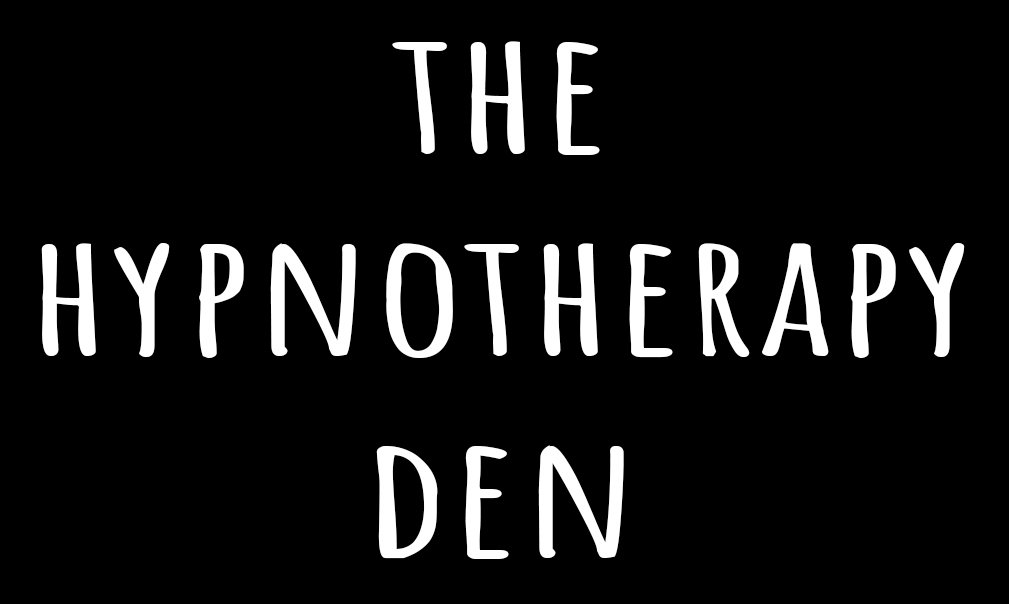Understanding Hypnotherapy: Myths vs. Facts
Hypnotherapy is a powerful and effective tool for addressing a variety of psychological and physical issues. However, despite its growing popularity and proven benefits, there are still many misconceptions about what hypnotherapy is and how it works. Let’s debunk some of the most common myths about hypnotherapy and provide a clear understanding of what this therapeutic approach truly entails.
Myth 1: Hypnotherapy is Mind Control
Fact: Hypnotherapy is Not Mind Control
One of the most pervasive myths about hypnotherapy is that it involves mind control. This misconception is often fuelled by sensationalised portrayals of hypnosis in movies and television, where a hypnotist appears to take over the mind of a subject, making them act against their will. In reality, hypnotherapy is a collaborative process between the therapist and the client. During a hypnotherapy session, you are in a state of focused relaxation, often referred to as a trance. In this state, you are highly receptive to suggestions, but you are always in control. You cannot be made to do anything that goes against your morals or values. Hypnotherapy is about empowering you to access your subconscious mind to facilitate positive changes, not about losing control.
Myth 2: You Are Always in Control During a Session
Fact: You Are Always in Control During a Session
Another common myth is the fear that you will lose control and be at the mercy of the hypnotherapist. This simply isn't true, hypnotherapy is a safe and gentle therapy. During hypnotherapy, you remain fully aware of your surroundings and can exit the trance state at any time if you choose. You are an active participant in the process, and your hypnotherapist is there to guide and support you. The suggestions provided during a session are designed to help you achieve your goals, but they can only take root if you are willing to accept them.
Myth 3: Hypnotherapy is a Therapeutic Tool, Not Entertainment
Fact: Hypnotherapy is a Therapeutic Tool, Not Entertainment
Many people associate hypnosis with stage performances where volunteers are made to perform amusing or embarrassing acts for the audience's entertainment. While stage hypnosis is real, it is a form of entertainment that has little in common with clinical hypnotherapy. Hypnotherapy is a serious, evidence-based therapeutic technique used to address a range of issues, including anxiety, stress, depression, phobias, and more. It involves a structured process aimed at helping individuals make meaningful changes in their lives. The techniques used in hypnotherapy are grounded in psychological principles and are tailored to meet the specific needs of each client.
Conclusion
Understanding what hypnotherapy truly involves is crucial for anyone considering this form of therapy. By dispelling these common myths, I hope to provide a clearer picture of how hypnotherapy can be a valuable tool for personal growth and healing. Remember, hypnotherapy is about harnessing the power of your mind to achieve positive outcomes, and it is conducted in a safe, controlled environment where you are always in charge. If you have any questions or are curious about how hypnotherapy might benefit you, feel free to reach out and book an initial consultation.
Embrace the potential of hypnotherapy with confidence, knowing that it is a legitimate and effective therapeutic practice designed to help you achieve your best self.

